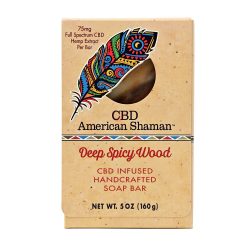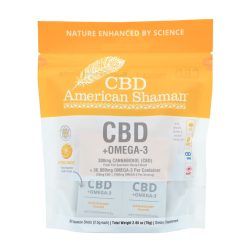What is CBG?
CBG oil is CBG, or cannabigerol, which is a non-intoxicating cannabinoid found in cannabis plants, including the hemp plants used to produce hemp oil. All strains of hemp produce the precursor of CBG, called CBGA (or cannabigerolic acid) early in their lifecycle. Over time, this acid transforms into cannabinoids, including CBD, CBC, THC, a small amount of CBG, and many more, leaving behind only trace amounts of CBGA. Because of the low levels of CBG found in most strains, CBG is considered a minor cannabinoid. Some strains of hemp have been bred to produce high levels of CBG from the CBGA produced early in the plant’s lifecycle, forgoing the production of the other
cannabinoids. As with CBD and THC, CBG interacts with the CB1 and CB2 cannabinoid receptors found throughout the body.
How Does CBG Oil Make You Feel?
While CBG oil is not a stimulant, it does give a feeling of energy and focus that is similar to the effects of coffee.* Users report being able to focus on one task for longer periods of time, with increased levels of productivity.* A common use of CBG is as a pick-me-up* which has a much more controllable serving size than coffee thanks to the use of a precise dropper. Overall, CBG effects on the perceptual level are more of an “upper” than a “downer.” CBG can also help your
digestive system continue to feel like it’s functioning properly, as many of the cannabinoid receptors CBG interacts with are located in the digestive system.* In addition, many users report mood support from consistent CBG usage.*
What is the Difference Between CBD and CBG?
Cannabidiol (CBD) and Cannabigerol (CBG) are both cannabinoids found naturally in the hemp plant. They are produced at different stages of the plant’s life. As the young hemp plant grows, it begins by producing CBGA, or cannabigerolic acid, which is the precursor to all cannabinoids in the hemp plant. The process continues as CBGA is then converted via enzymes, heat, and UV light into THCA, CBDA, and CBCA. Each of these precursors undergoes chemical changes to become
(respectively) THC, CBD, and CBC. From the CBGA that is left over after this process, a small amount becomes CBG. So while both CBD and CBG start out as CBGA, each cannabinoid is formed at a different stage of the hemp plant’s lifecycle.





Reviews
There are no reviews yet.